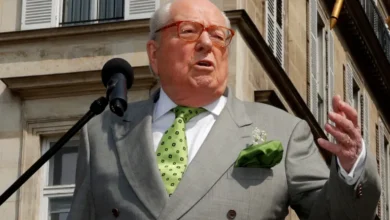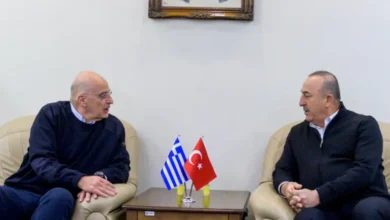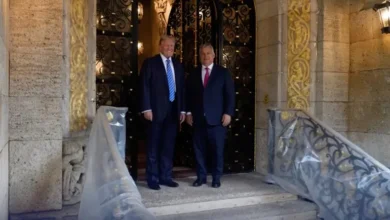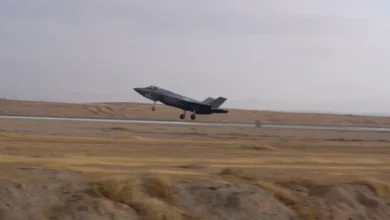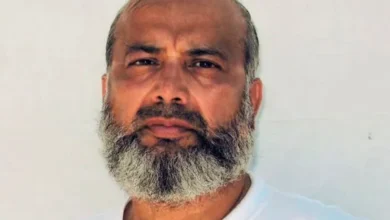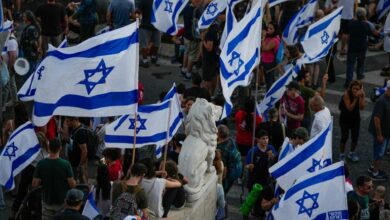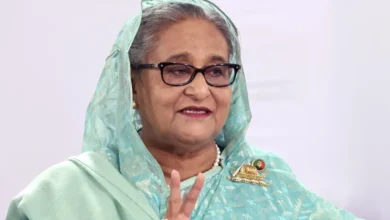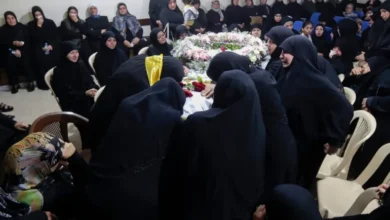Sudan: When it is ‘maximalist’ to demand fighters vacate civilian homes
Dirdeiry M Ahmed
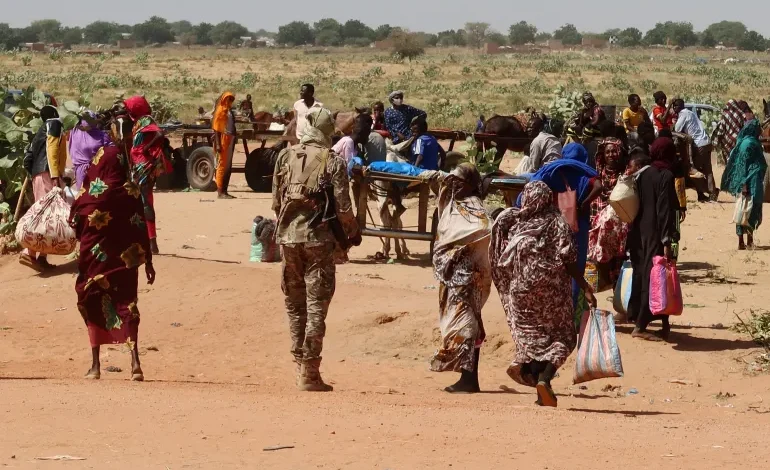
On December 9, the Intergovernmental Authority on Development (IGAD) held a summit in Djibouti to address the war in Sudan. The gathering which was meant to boost regional mediation dealt a coup de grâce to the faltering efforts of ending the war.
The official communiqué released after the summit spoke of a future meeting between General Abdel Fattah al-Burhan, Commander of Sudan Armed Forces (SAF) and Chairperson of the Sovereignty Council, and General Mohamed Hamdan Dagalo (Hemedti), Commander of the Rapid Support Forces (RSF). The Sudanese Ministry of Foreign Affairs was quick to issue a statement stressing that al-Burhan is not going to meet Hemedti unless the latter’s forces evacuate Khartoum and a ceasefire is agreed.
For its part, the RSF responded with a statement clarifying that the meeting would take place only if al-Burhan agrees to attend as SAF commander and not as head of state.
Thus, it became clear that the meeting of the duo, the only substantive proposition the summit made, was not going to happen any time soon. This disastrous outcome came much to the dismay of many who awaited the IGAD summit with great anticipation.
On December 4, Alex de Waal and Abdul Mohammed, distinguished experts on peacemaking in East Africa, wrote a joint op-ed for the New York Times hailing Kenyan President William Ruto for “pushing for an emergency summit of East African leaders next week, where he will have the chance to submit bold proposals”.
This “bold proposal” of a tête-à-tête meeting is not new, as Mr Ruto first put it forward in June. It constitutes the culmination of the misconceived hypothesis that the war in Sudan is merely a squabble between two generals, and if those two generals were to reconcile their personal differences, the war would end.
IGAD’s flawed approach to the conflict was also made apparent in its decision to invite a senior UAE delegation to attend the summit. The communiqué recorded the presence of a high-profile Emirati dignitary in an entire paragraph and thanked “the delegation of the United Arab Emirates led by Honourable Sheikh Shakhboot Bin Nahyan Al Nahyan, State Minister for Foreign Affairs, for their support and input to the discussions held by the IGAD Heads of State and Government regarding the peace process for the Republic of Sudan on the margins of the 41st Extraordinary Assembly”.
The IGAD summit was convened within a week of “earthshattering” revelations made at the US Congress by US Assistant Secretary of State for African Affairs Molly Phee that there is “UAE support to the RSF and that is a topic of conversation including most recently during the Vice President [Kamala Harris]’s visit to the UAE for COP”.
The American senior diplomat further stated that the publicity of the hearing at the US Congress and the Congressional request to the UAE to consider “the detrimental impact of their support to the RSF” could be “very helpful” in holding to account those fomenting the conflict.
A week earlier, Sudan’s government had reluctantly pushed this matter to the open. On November 28, General Yasser al-Atta, an assistant to al-Burhan, publicly accused the UAE, for the first time, of supporting the paramilitary.
The UAE has long been accused of fuelling war in Sudan. In September, the New York Times revealed that under the guise of saving refugees, the UAE is running an elaborate covert operation through Chad to back the RSF.
Thanks to the Emirati generous financial support and sophisticated weaponry, tens of thousands of impoverished and landless nomads from the Arabian diaspora of the Sahel countries, particularly Chad, Niger and Mali, have descended on Darfur and Khartoum for land and loot.
Because of the Emirati lifeline, the RSF was able to use Kornet anti-tank missiles, armoured vehicles, drones and surface-to-air missiles in Darfur despite the arms embargo imposed by the UN on that region since 2004. The UN investigated the matter and parts of its report were leaked and reported by the NYT.
It is an open secret that the UAE is on a mission to fight Islamism all over the region and that is why it has been involved in the war in Sudan. However, it has another reason for supporting the RSF against the SAF.
In December 2022, two Emirati companies Abu Dhabi Ports Group and Invictus Investment signed a $6bn preliminary agreement with the government of Sudan to construct the new port of Abu Amama on the Red Sea and to create an economic zone.
The announcement of the deal came shortly after the RSF and SAF leaders initialed the “Framework Agreement” with small political parties propped up to take over from the military and form a civilian government. The framework was brokered by the US, which along with the UAE, the UK and Saudi Arabia formed the so-called “quartet”. Of the four, the UAE clearly stood to benefit from this arrangement.
It is perceived that this war erupted on April 15, because SAF refused to commit to the Framework Agreement as binding. Hence, it is acknowledged that this document was the first casualty of the war. The second casualty, if largely unacknowledged, was the Abu Amama project agreement.
This is because, after the failure of the RSF to take over in days – as was initially announced by Hemedti on April 15 – the civilian parties that signed the framework are no longer on a trajectory to seize power. Bearing in mind the escalating geopolitical contest in the strategic sea route of the Red Sea, it is unlikely that the Abu Amama project agreement will be respected unless the same group of politicians linked to the RSF takes over after the war.
The UAE’s support for the RSF has had a significant impact on the ground. As a result of this determined backing, SAF’s aerial and tank advantage has largely been eroded. In October and November, the RSF took control of several cities in Darfur, including Nyala, the third most populous metropolis of the country.
Notwithstanding, in the last session of the Jeddah Talks, which were suspended on December 4, SAF reiterated its position that before a ceasefire is to be agreed, the RSF shall vacate civilian homes in Khartoum.

